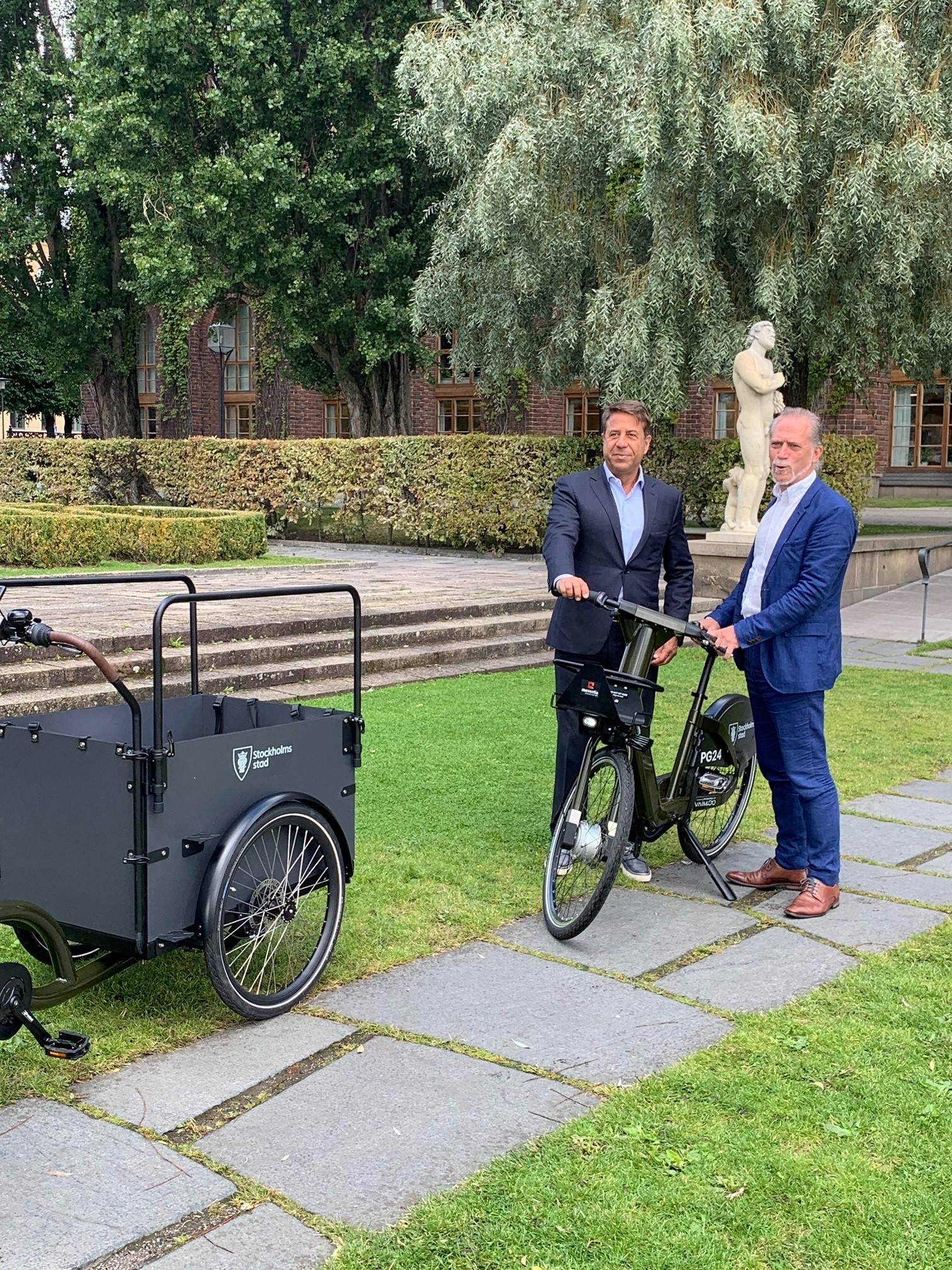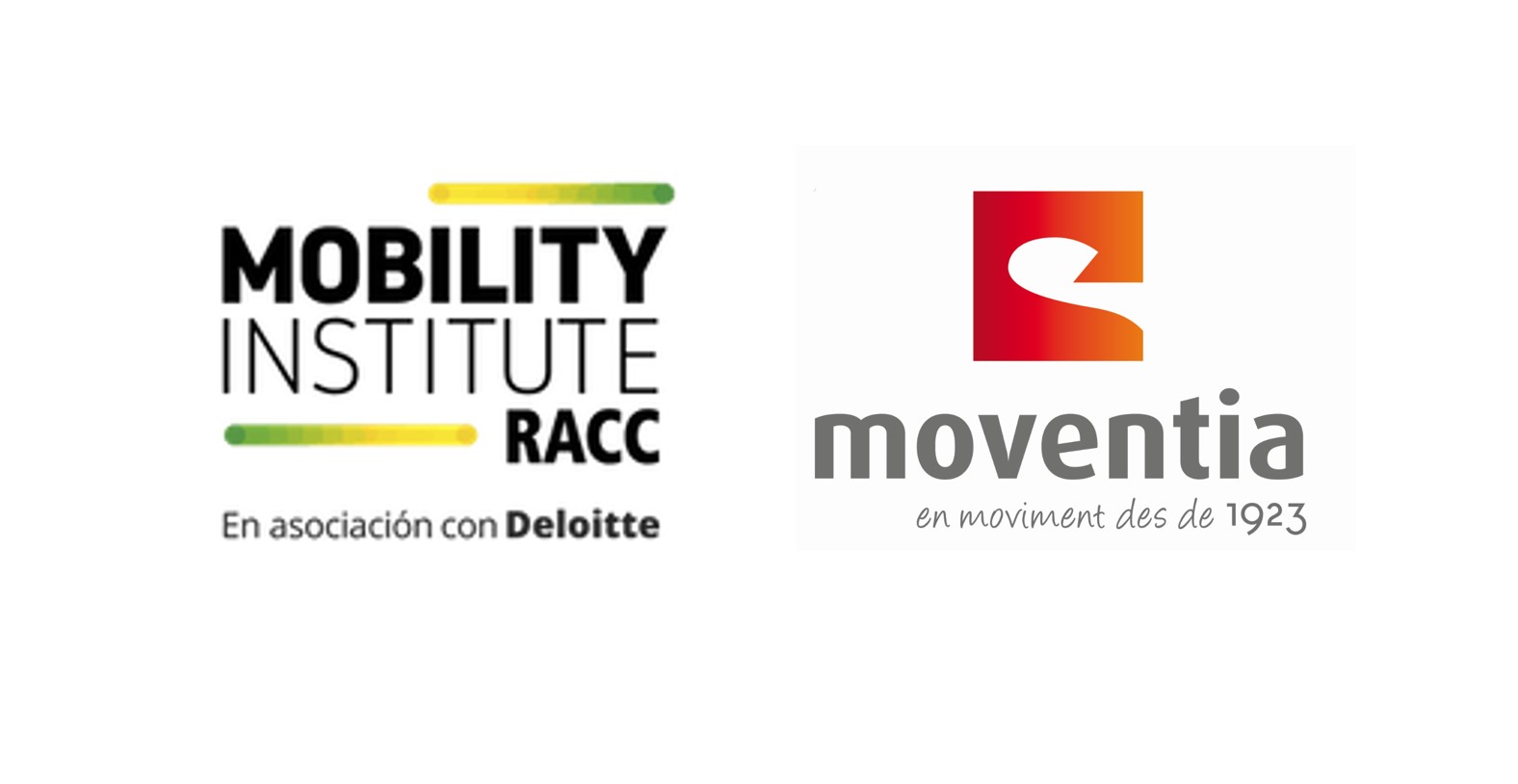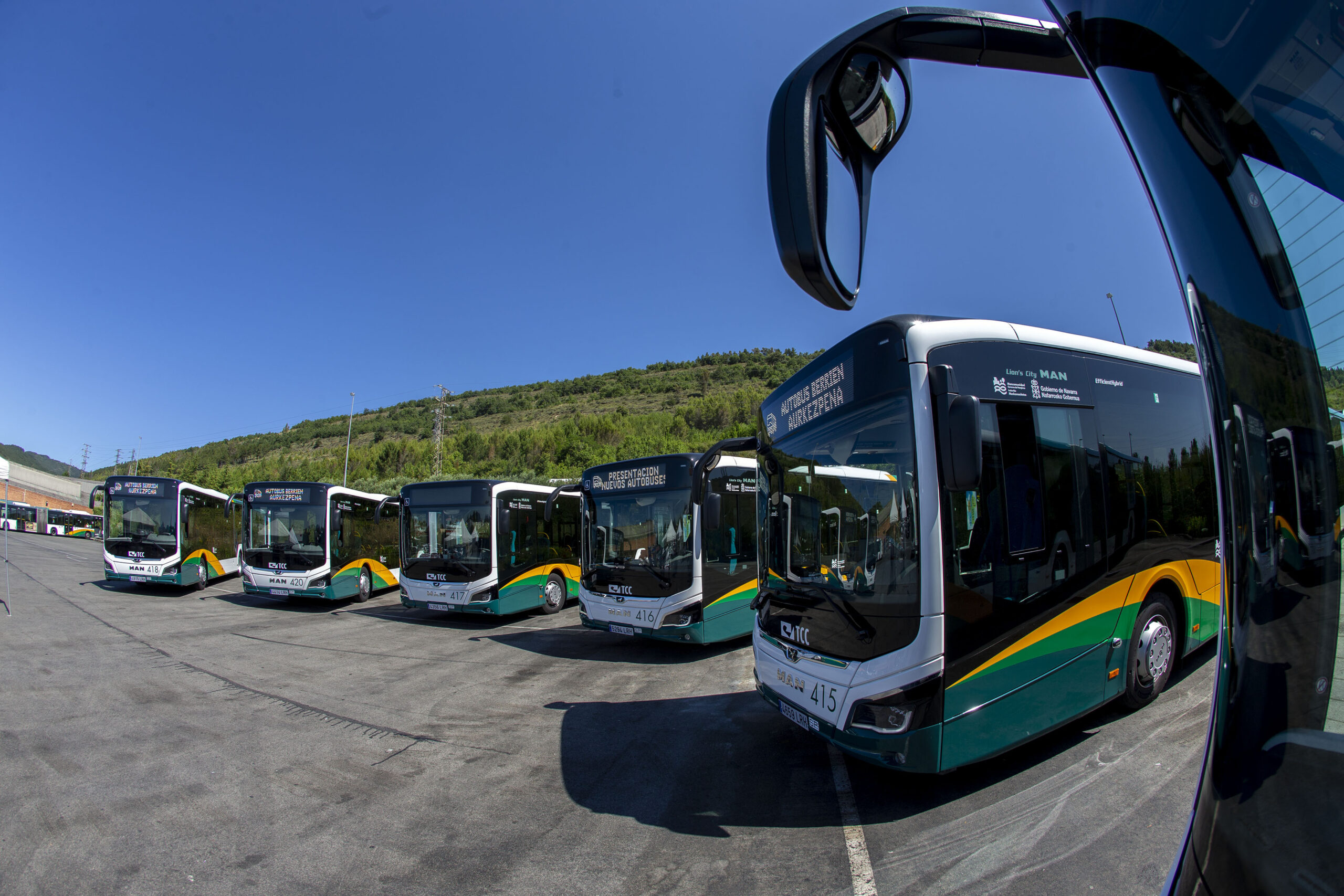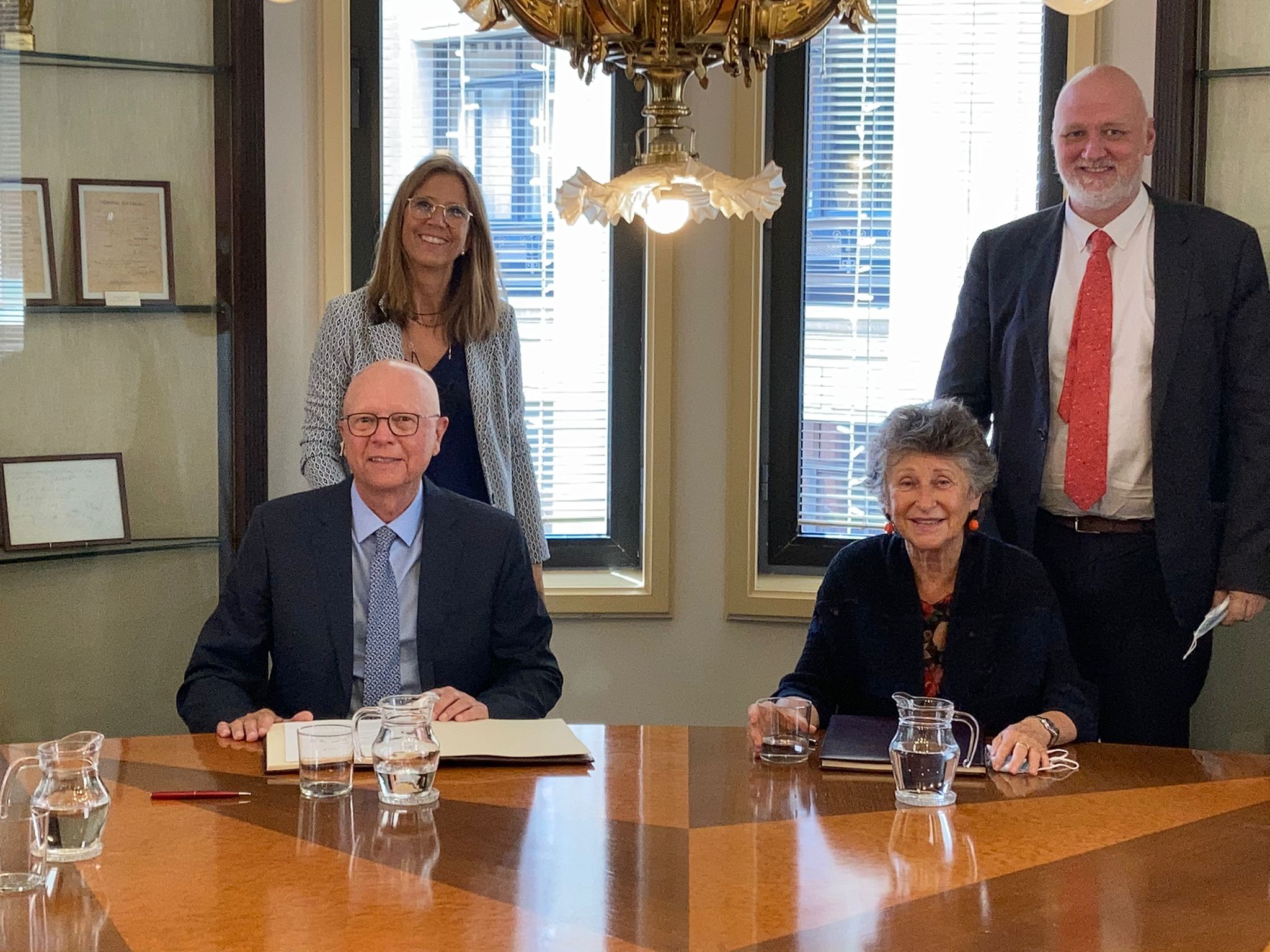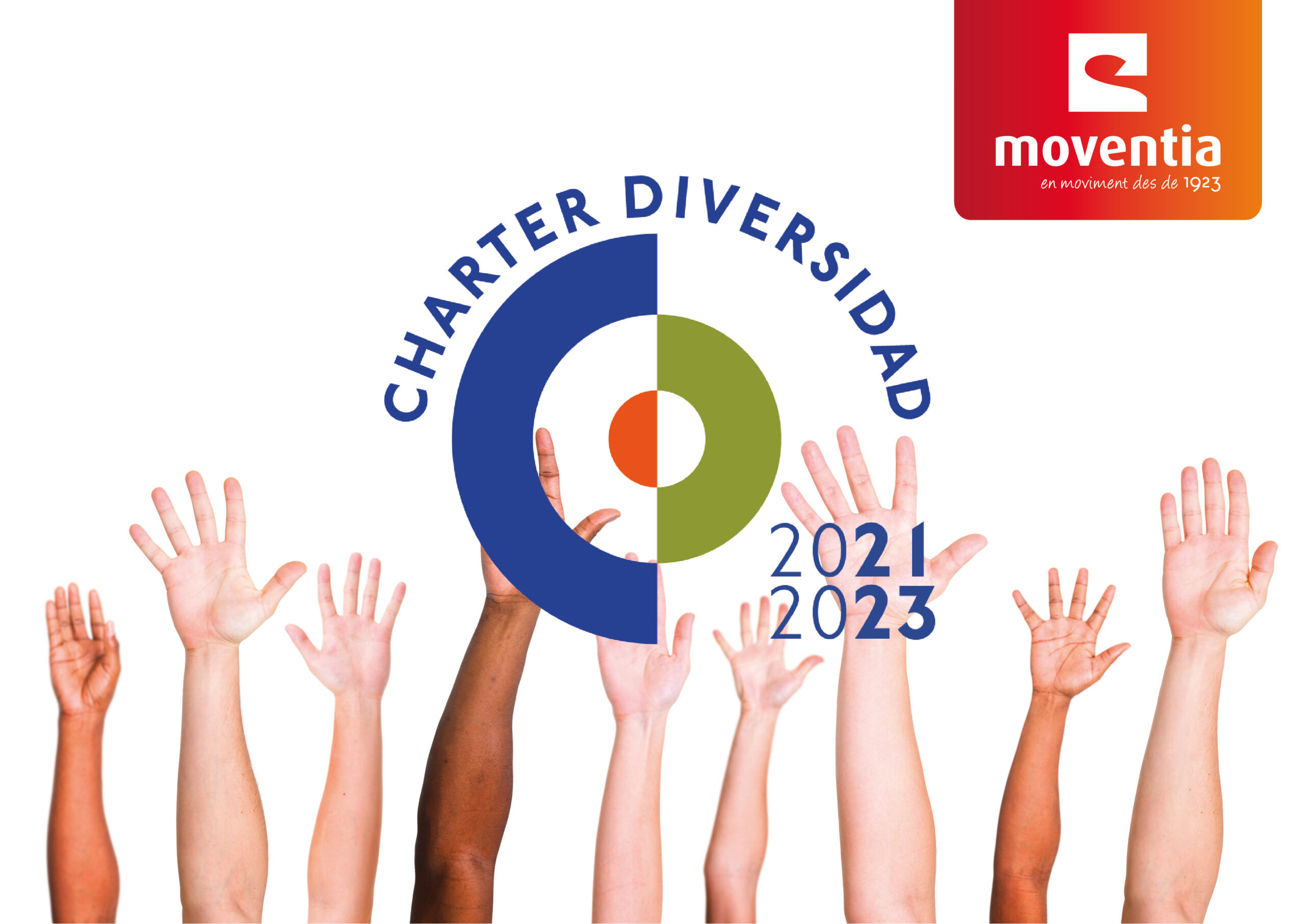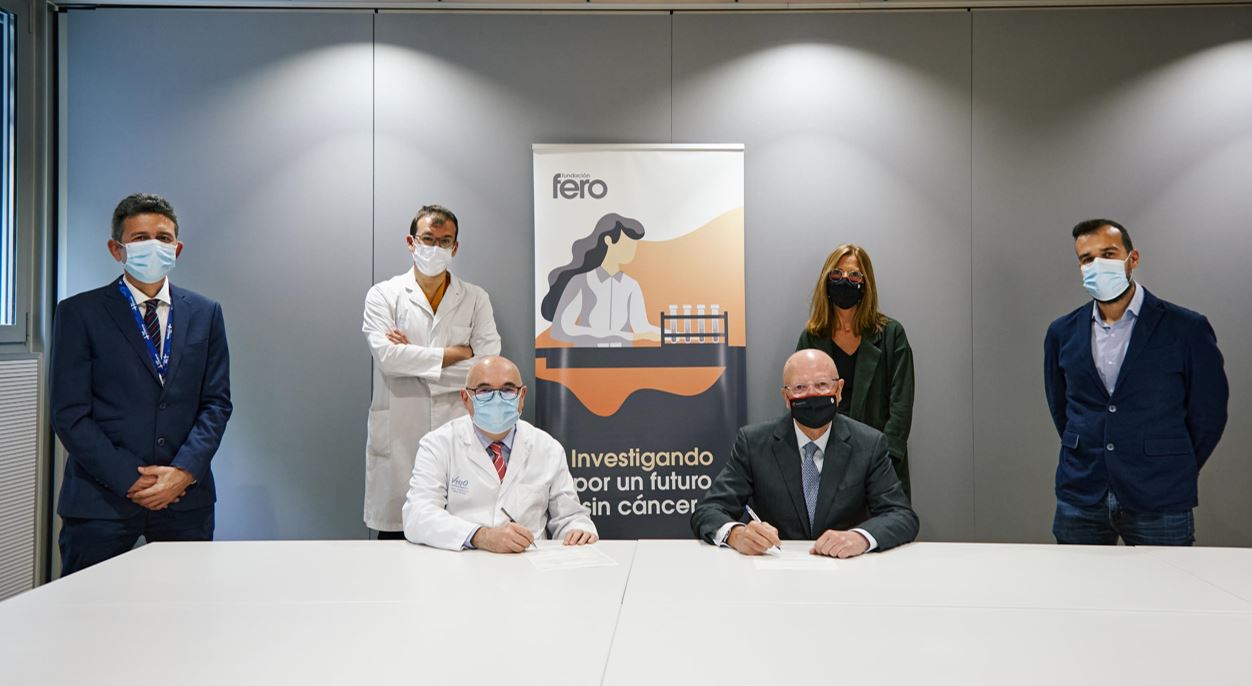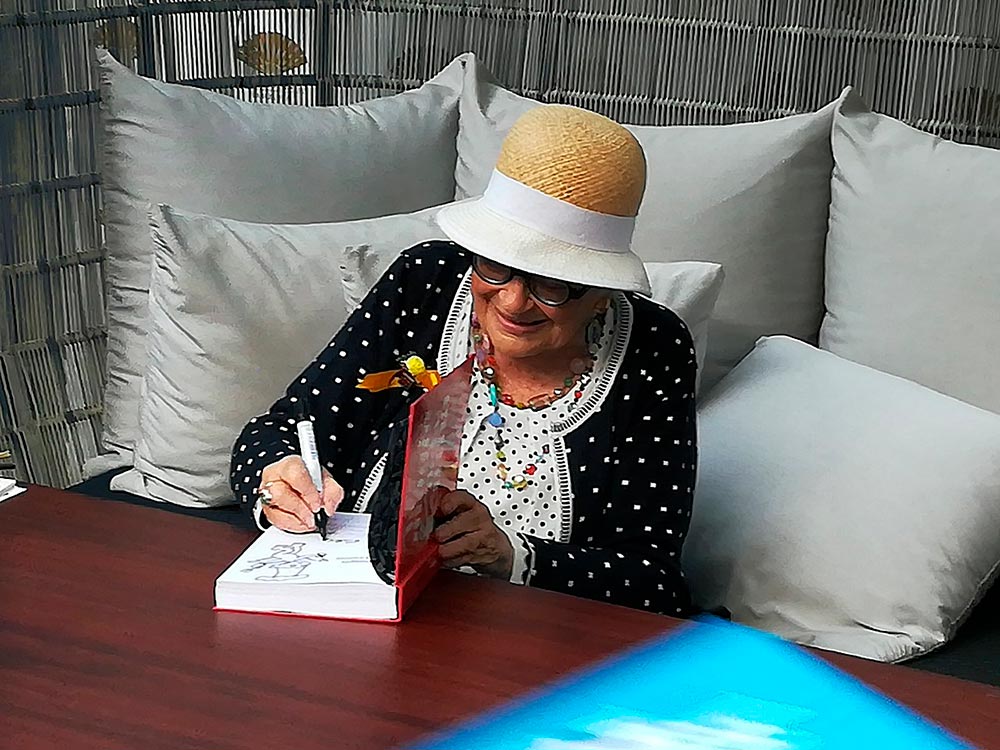CityBike Global chose VAIMOO as a strategic partner for the supply of electric bikes for this new public service in the Swedish capital which is expected to be one of the largest in Europe and the world.
CityBike Global, the leading micro-mobility company in Europe and Latin America, which belongs to Moventia Group, was awarded the public electric bike service in the city of Stockholm after signing an agreement with the city council to implement this new mode of transport throughout the city. The company is thus reinforcing its European presence and consolidating its international leadership in public shared bike services which are already being offered in cities like Helsinki, Paris and Lima.
For this new project, which is expected to be one of the largest in Europe and the world, CityBike Global chose VAIMOO as a strategic partner to supply the more than 5,100 smart electric bikes needed. Its experience supplying these types of models in other European biking mobility capital cities like Copenhagen, Rotterdam and in the United Kingdom, made it the best choice for City Bike Global for the provision of this service in Stockholm. In fact, the Stockholm e-bike is a version of the CES 2021 award-winning VAIMOO e-bike which has been specifically adapted to meet the city’s mobility needs.
The new e-bike sharing programme in the Swedish capital will equip the city with thousands of new efficient and sustainable vehicles considering this bike model’s recycled aluminium frame and fast large-capacity interchangeable battery. Available 24 hours a day all year long, the electric bikes will be connected to a flexible management system which can be integrated with those already existing to help decongest urban traffic. This flexible system can set up virtual stations where vehicles can be parked after each trip.
As stated by Jordi Cabañas, CEO of CityBike Global, “We’re proud to have been chosen by the city as a partner to operate this strategic service which will provide the citizens of Stockholm with an alternative active mobility choice. This new CityBike project reinforces our position as a European leader in public micro-mobility services.”
“This agreement takes VAIMOO electric bikes to another world biking capital,” said Matteo Pertosa, CEO and Founder of VAIMOO, adding, “The tie to CityBike Global in the Stockholm project is a source of great pride for me personally as well as for the entire VAIMOO team, which is continuously committed to designing and implementing public biking systems that can be easily integrated for alternative, sustainable and inclusive mobility.”
